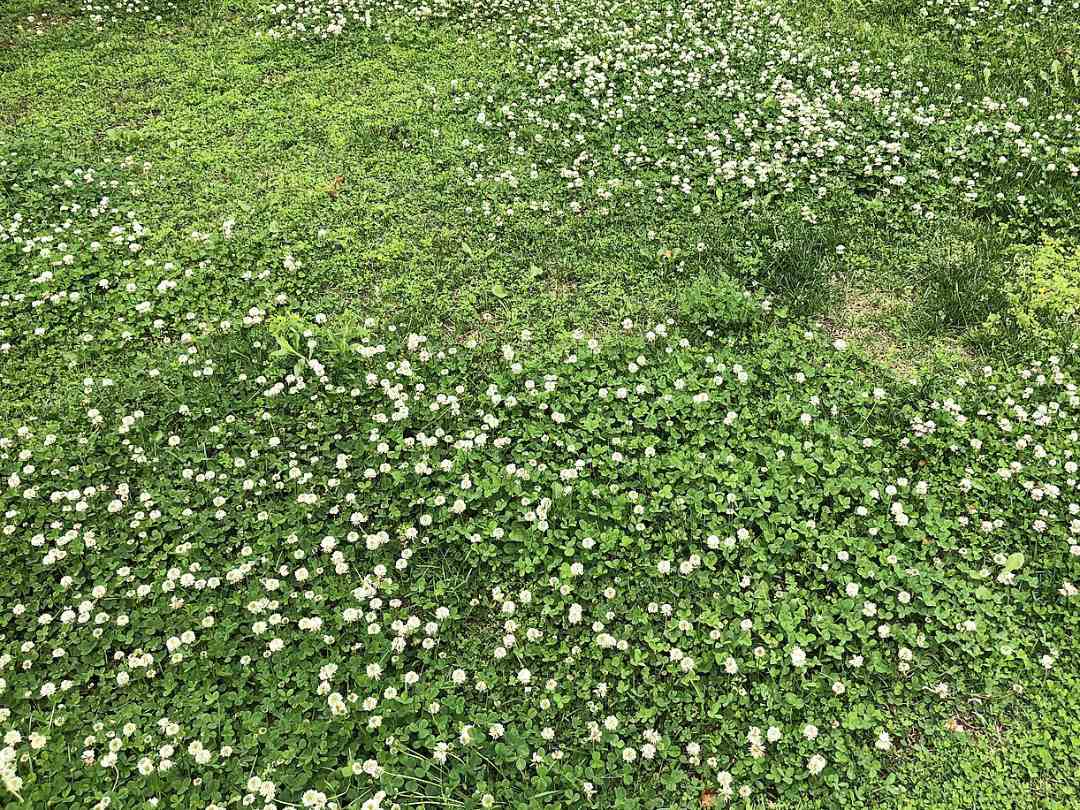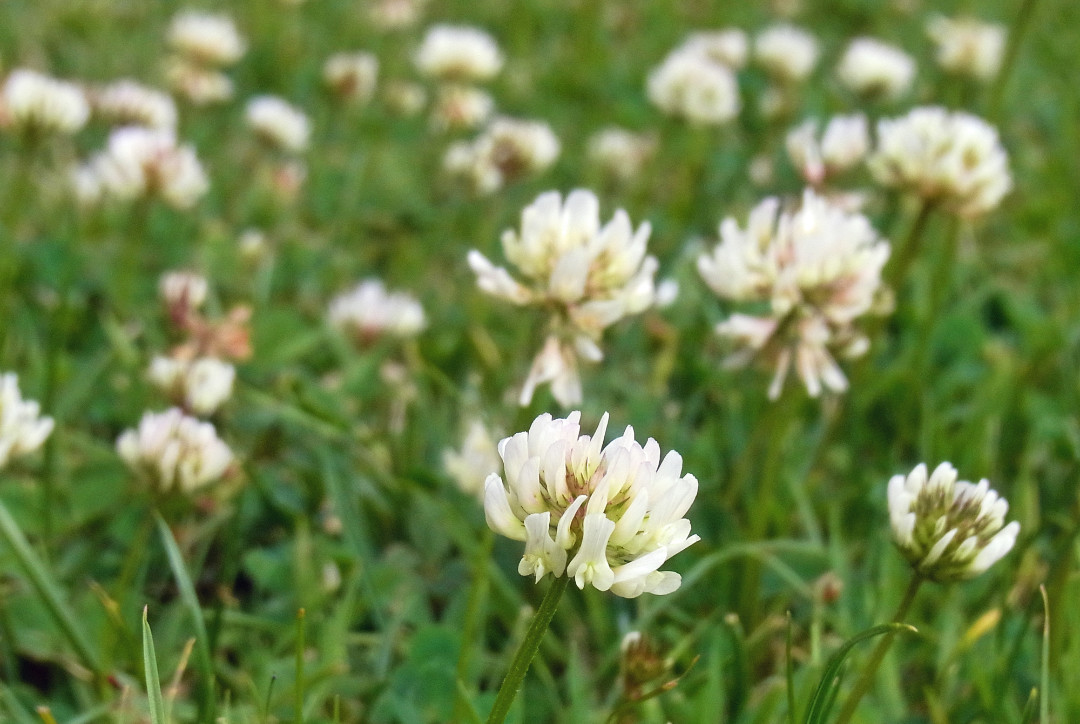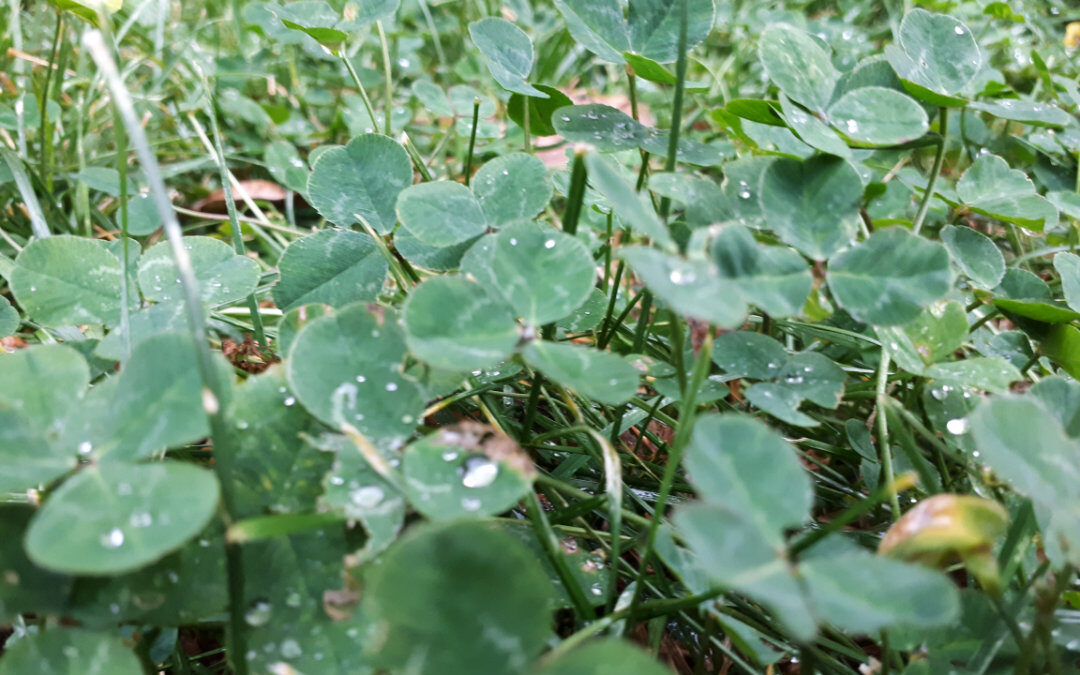Gardening with Nature
Article by Sigrie Kendrick
Try a drought-tolerant alternative to lawn grasses
One of the easiest ways to reduce your water use on the landscape is to reduce your turf area and to consider alternatives to the traditional lawn.
Traditional turf is a monoculture, a single species developed to out-compete other species and is far from a natural, biodiverse ecosystem. Turf as such offers little benefit to pollinators and can only be maintained using resource-intensive practices: think water, water, and more water.
Traditional lawns also require herbicides, fertilizer, and pesticides to maintain that perfect, even shade of green. These chemicals often end up in our waterways with harmful consequences for all manner of aquatic life. No less dangerous on land, the toxic effects of many lawn chemicals on wildlife, especially birds, have been well-documented.
With record drought and water restrictions throughout the Okanagan Valley, you may be faced with limited irrigation to use on your lawn and so allow it to go dormant over summer.

Rather than over-seeding with a traditional lawn mixture this fall, consider transitioning away from turf and instead plant Trifolium repens, known commonly as Dutch white clover.
There are many compelling reasons for transitioning to a lawn of clover:
- Dutch white clover needs very little supplemental water and maintains its green throughout the driest of summers.
- White clover requires no fertilizer and is in fact a member of the pea family known for ‘fixing nitrogen’ in the soil, thereby allowing plants to better access available nitrogen.
- Clover is immune to the burnt patches dog urine creates on a traditional turf lawn.
- Trifolium repens is a favourite with bees that will visit your clover lawn and pollinate your garden while doing so.
- Dutch white clover is not particular about soil and will thrive in even nutrient-poor soil common to the Okanagan Valley.
- A lawn of clover is comfortable to walk on with bare feet.
- Dutch white clover seldom needs mowing, so planting it reduces pollution from mowers and the corresponding fuel costs.
- The seed itself is also extremely inexpensive and can be found at West Coast Seeds listed at $9.99 for 125 grams, enough to cover one thousand square feet.



I have 4 dogs and love the clover idea suggested here in this blog. Would you still suggest the Trifolium repens?
Hello Hannah– I absolutely would suggest the Trifolium repens! Clover is unbothered by pet urine so makes a fantastic lawn alternative for dog owners.
Sigrie
Hi, we have so many deer wandering through our front yard, I wonder if they would eat it all up?
Hello Alex … Deer will eat everything, but you could use yarrow as a lawn alternative. They tend not to eat that but have not gotten the message on some supposedly “deer-resistant” plants. Good luck!
Can I throw seed on top of a traditional lawn and water it in? Or do I have to remove the grass?
Hi Marie… If the lawn is patchy, you could overseed with clover in those bare areas, but otherwise, you would have to remove the grass.
When is it best to seed? If I don’t want to remove the grass what would be the result if I overseeded the lawn several times in a season.
Hi Deb… You can start overseeding with the clover starting in April and repeat again in the Fall. Overseeding in the summer will not be as succesful due to heat and water constrictions.
I have a wide boulevard with terrible grass in Penticton and west facing.
I want to seed and plant hardy drought tolerant and fast growing seeds and plants. We do have irrigation but I do not want to water it once it is established
Suggestions please
Hi Elizabeth … It really is personal preference! A great place to start is our plant database It contains hundreds of drought-tolerant plants well adapted to the Okanagan climate and is searchable by plant type, height and spread, light and water availability, colour of blooms and foliage. It’s also a good idea to check out other successful boulevards in your area to see which plants they have used.
HI. Currently I have a river rock sized mixed with dirt, yard. Being Peachland, there are lots of rocks and with a dog, Im wanting something that is esthetically nice and low maintenance. This seems like a nice alternative. Can this grow in tough ground? Dirt with rocks.? Its mostly unhealthy dirt mixed with sand. Typical Peachland ground. Thank you
Hello Catherine, I would suggest planting yarrow as it is a native plant and would spread around the rocky areas. We will have yarrow at our Spring Plant Sale.
HI I have a back yard that has a blend of rock/pebbles and dirt as a result of septic work. The digging and subsequent fill has resulted in rocks blending with dirt with more dirt than rock. Grass is growing in some spots as are some weeds. Can clover grow in these conditions or will I need to bring in more topsoil?
Catherine… Rocks will throw too much heat. Yarrow is a better way to go.
when should I start laying down clover seed? I live in West Kelowna and our lawn is non existent. I want to lay clover instead of grass and want to get a good start on it this spring.
April is a good time to lay the seed down. You’ll want to cover it if you have quail in your area. It’s fairly quick to germinate as soon as the warmth comes.
Where can I get seeds for that and possibly other native grass seed that has good root systems to stabilize slopes
Hi Ramona… West Coast Seeds and XEN Nursery, which is in West Kelowna.